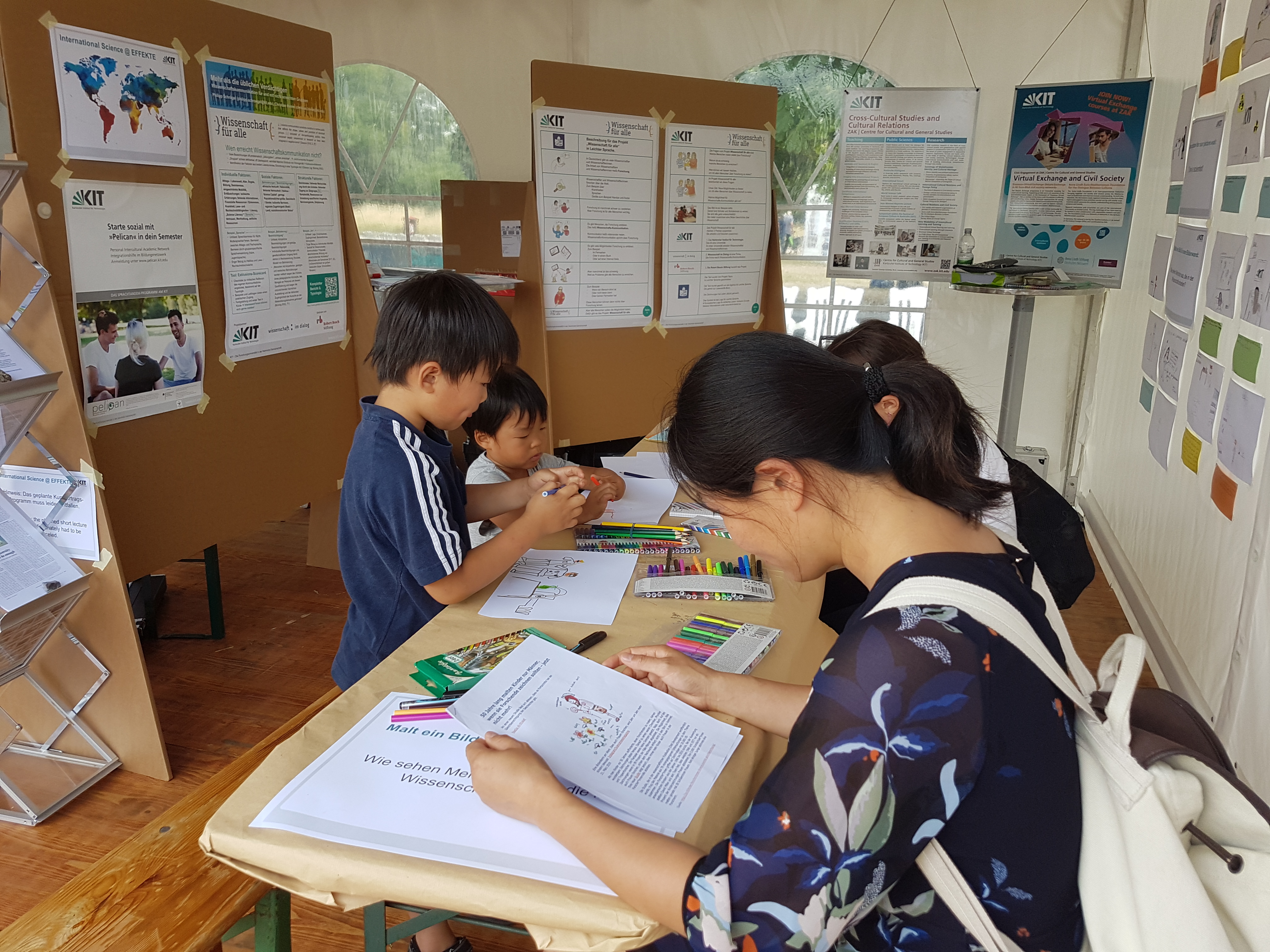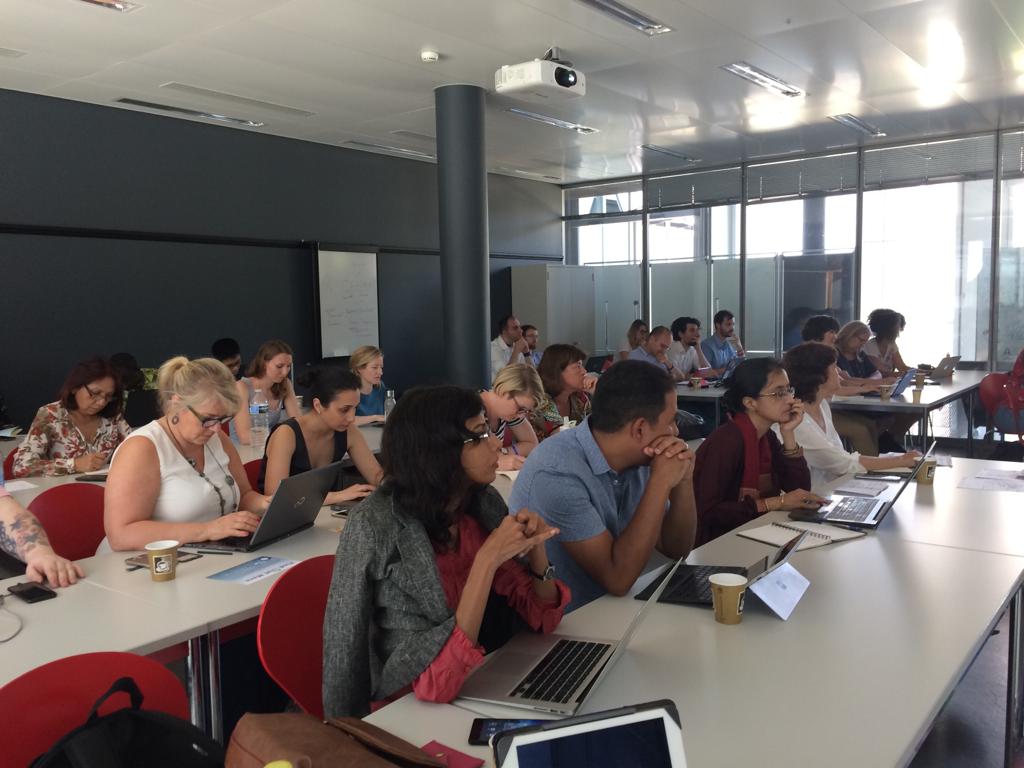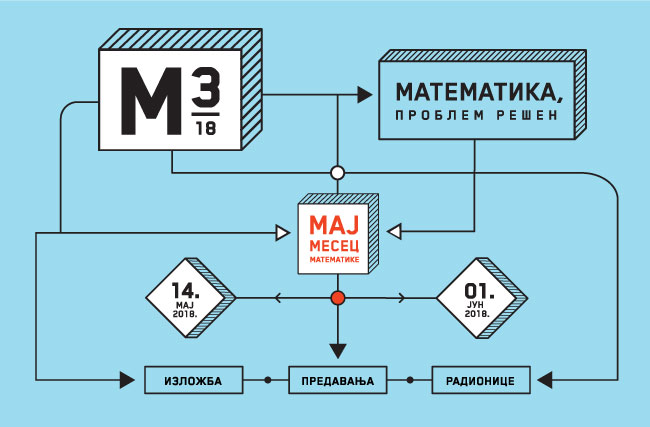Mismatched time scales, career incentives, and resources of time and funding: through stakeholder-focused field trips and interviews with university leadership, NUCLEUS has uncovered a variety of barriers to Responsible Research and Innovation (RRI) in academic environments. The next step of the project is recommending strategies to overcome these barriers and embed RRI in an institution’s culture. But will the recommendations work in practice? And under which conditions?
This is the motivation for NUCLEUS’ implementation phase: two years committed to pilot-testing the strategies in universities and research institutions. Beginning November 2017, ten international test beds, referred to as “Embedded Nuclei”, will use these strategies to navigate towards RRI.

The organisation and management of this phase is being led by NUCLEUS partners at Dublin City University (DCU): Padraig Murphy, Lecturer and Programme Chair for the Master of Science Communications course, and Caitríona Mordan, DCU’s NUCLEUS Project Manager.
They are embracing the challenge, and, as their starting point, establishing benchmarks for the individual institutions. The identities, environments and experiences each Embedded Nucleus brings to the project all add additional layers of complexity.
“We need to create a comparable yet flexible framework to suit the varied environments within which these institutes actually exist and operate,” says Mordan. “RRI is a new term, but that does not mean that it doesn’t already exist in some shape or form in the universities.”
To recognise and adapt to each institution’s individual needs, Dublin City University, the University of Aberdeen and the University of Edinburgh will serve as mentors to the Nuclei test beds, providing insight based on their own ongoing culture change initiatives. Dublin City University, for example, brings experience from its own institution’s Community Knowledge Exchange, which supports researchers in engaging with community stakeholders from the very start of the research process. Ensuring social needs are integrated appropriately, from the beginning, has shaped and transformed the university’s research output.
“No one has all the answers,” says Mordan. “But these mentoring universities have proven themselves successful in aspects of RRI, and through that they will be able to support the initiation of RRI and this process within the other universities more readily.” She adds, “it’s really important, therefore, that we don’t have these engrained views of where we need to go, but that we’re flexible as a consortium, and move with what data we are presented with.”
The Embedded Nuclei Working Group, consisting of the test bed institutions and their mentors, will meet again from 14-15 March in Belgrade, Serbia, to discuss how to practically support the Embedded Nuclei in developing organisational units for RRI.

Reflecting on the dynamic nature of the project, which must balance research findings with real-world timescales, Mordan notes that the imperative to act is growing increasingly stronger.
“From speaking with people in DCU and stakeholders externally as well, I think there’s a real opportunity here – and a real need for this kind of systematic approach, that supports universities in fostering institutional change but also leverages what’s already there,” says Mordan. “RRI is not something that we can shy away from anymore. It’s not a ‘nice thing’ to do; it’s a necessity.”
In November, the ten Embedded Nuclei will begin bringing RRI to life! Follow NUCLEUS on Facebook and Twitter to learn along with us.


